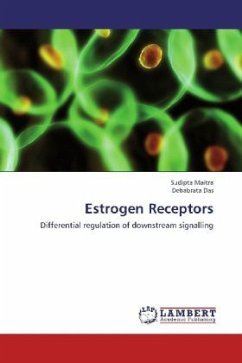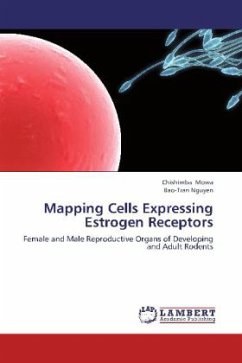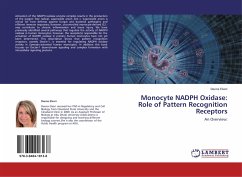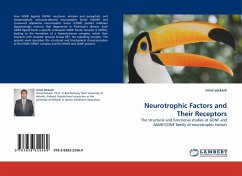
Estrogen Receptors
Differential regulation of downstream signalling
Versandkostenfrei!
Versandfertig in 6-10 Tagen
32,99 €
inkl. MwSt.

PAYBACK Punkte
16 °P sammeln!
Evolution supports multicellular organisms for their better coordination and regulation of body functions. Estrogens regulate a variety of signal transduction pathways involving broad range of gene functions. Estrogen receptors (ERs) can act as transcription factors and are also capable of modulating functions of other transcription factors, thereby regulating gene expression by at least two distinct mechanisms, i.e. protein-protein interactions in the chromosome and activation of signal transduction pathways at the plasma membrane. These mechanisms function in addition to the classical mechan...
Evolution supports multicellular organisms for their better coordination and regulation of body functions. Estrogens regulate a variety of signal transduction pathways involving broad range of gene functions. Estrogen receptors (ERs) can act as transcription factors and are also capable of modulating functions of other transcription factors, thereby regulating gene expression by at least two distinct mechanisms, i.e. protein-protein interactions in the chromosome and activation of signal transduction pathways at the plasma membrane. These mechanisms function in addition to the classical mechanism of ER action. Thus, the possible convergence of genomic and nongenomic actions at multiple response elements provides extremely fine degree of control for the regulation of transcription by ERs. It is evident that genes that are regulated by ERs are of two types: those that contain ERE and those that do not. The latter genes contain binding sites for a variety of heterogeneous transcription factors. Further, discovery of GPER as an estrogen receptor and their ability to start membrane initiated as well as genomic actions is changing the concept of E2 signalling.












